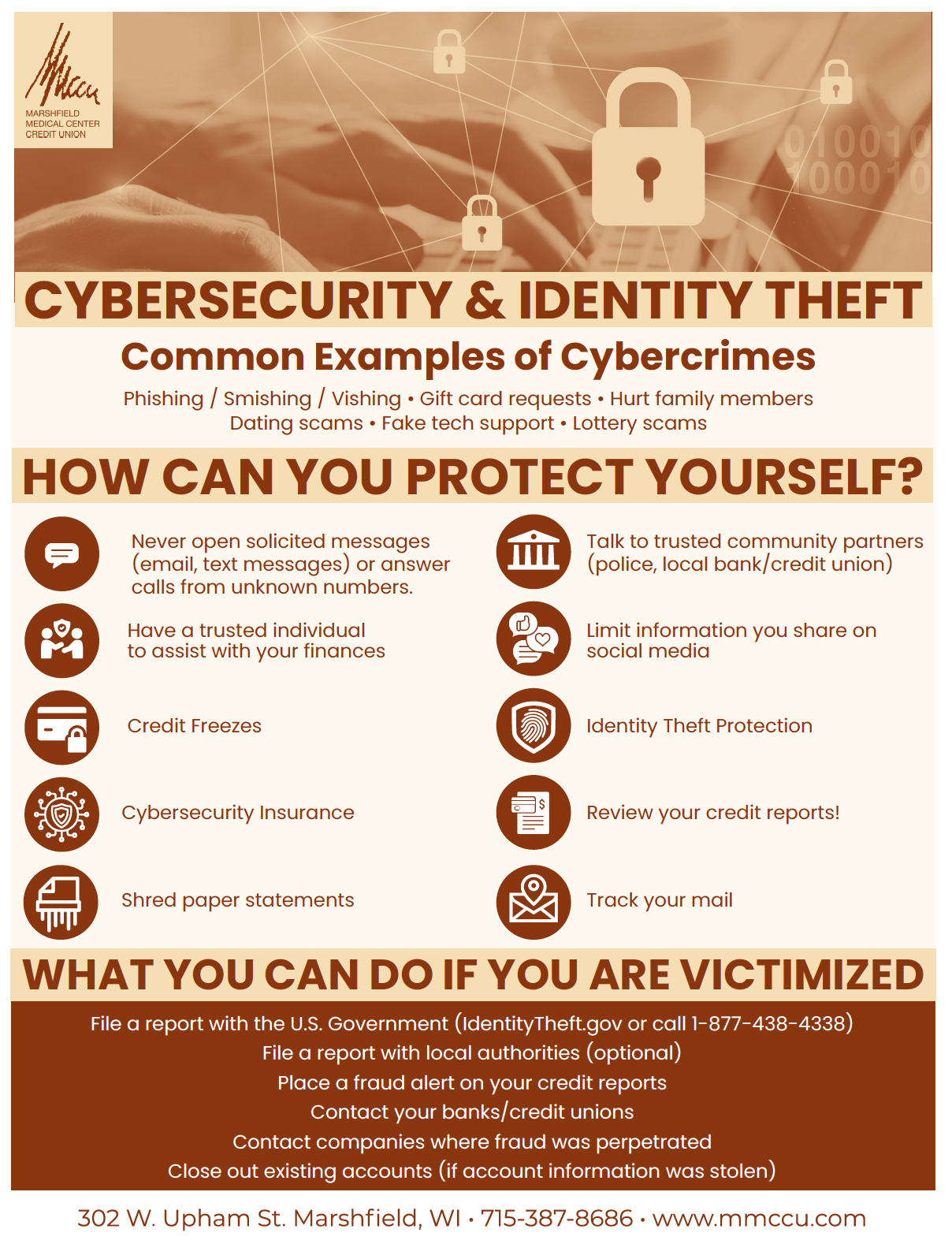As senior citizens are often targeted by scammers, it is important for them to take measures to protect themselves from financial fraud. Here are some steps seniors can take to prevent fraud:
- Be aware of common scams: Be familiar with common scams like telemarketing fraud, investment scams, and sweepstakes scams. Keep up-to-date on new and emerging scams.
- Protect personal information: Keep personal information, such as Social Security numbers, bank account numbers, and credit card numbers, confidential. Be cautious about giving out personal information over the phone, through mail or email, or in person.
- Verify requests for personal information: If you receive a call or email asking for personal information, be suspicious. Verify the identity of the caller by contacting the company directly using a phone number you know to be legitimate.
- Use strong passwords: Use strong, unique passwords for all online accounts and change them frequently.
- Monitor accounts regularly: Check bank and credit card accounts regularly to spot any unauthorized transactions.
- Be skeptical: If an offer sounds too good to be true, it probably is. Be skeptical of high-pressure sales tactics and unsolicited offers.
- Get advice from trusted sources: If you’re unsure about an offer or a request for personal information, ask a trusted friend, family member, or financial advisor for their opinion.
By following these tips, senior citizens can help prevent financial fraud and protect their hard-earned savings. If you suspect that you have been the victim of fraud, report it to the authorities immediately.



